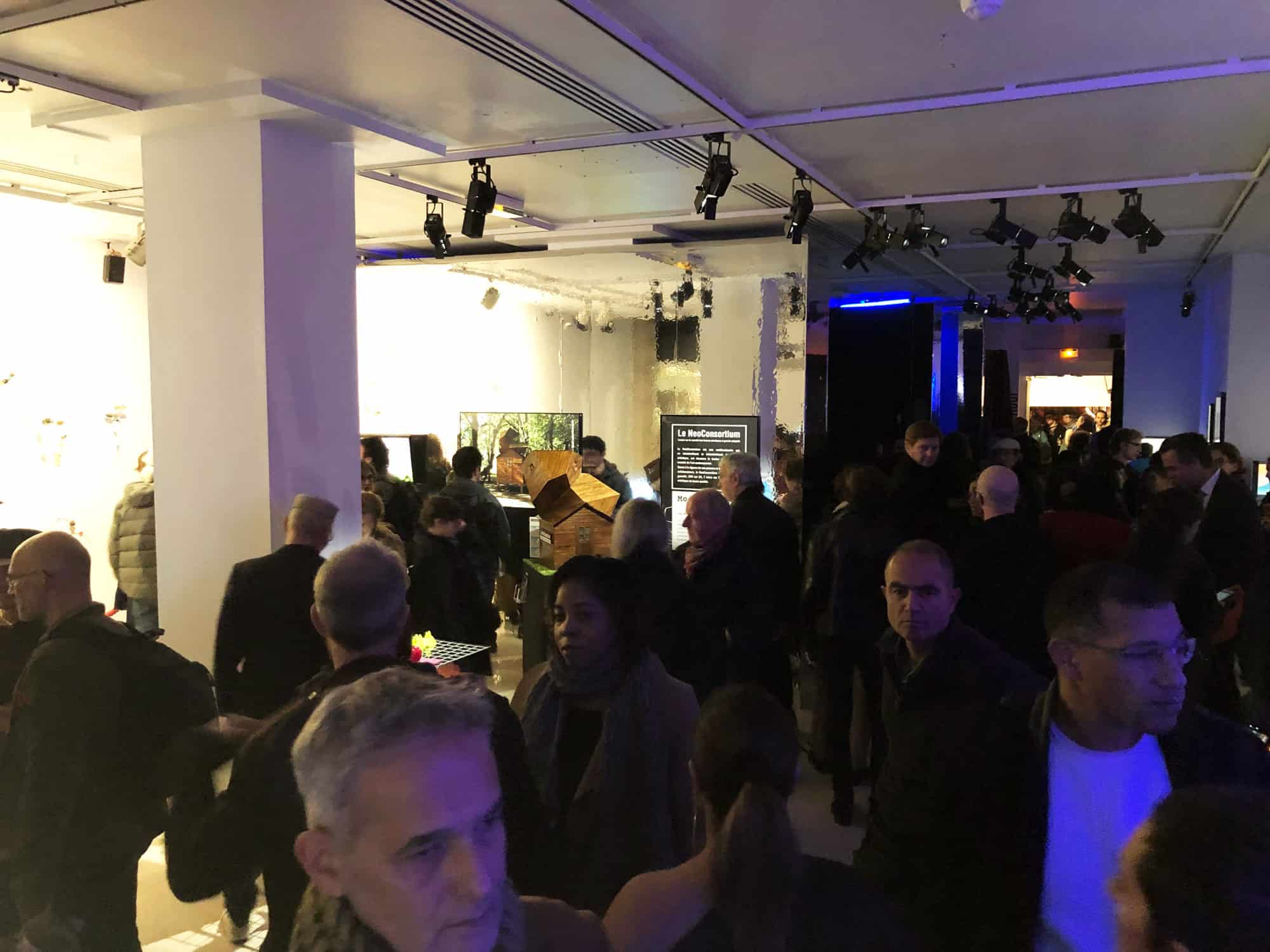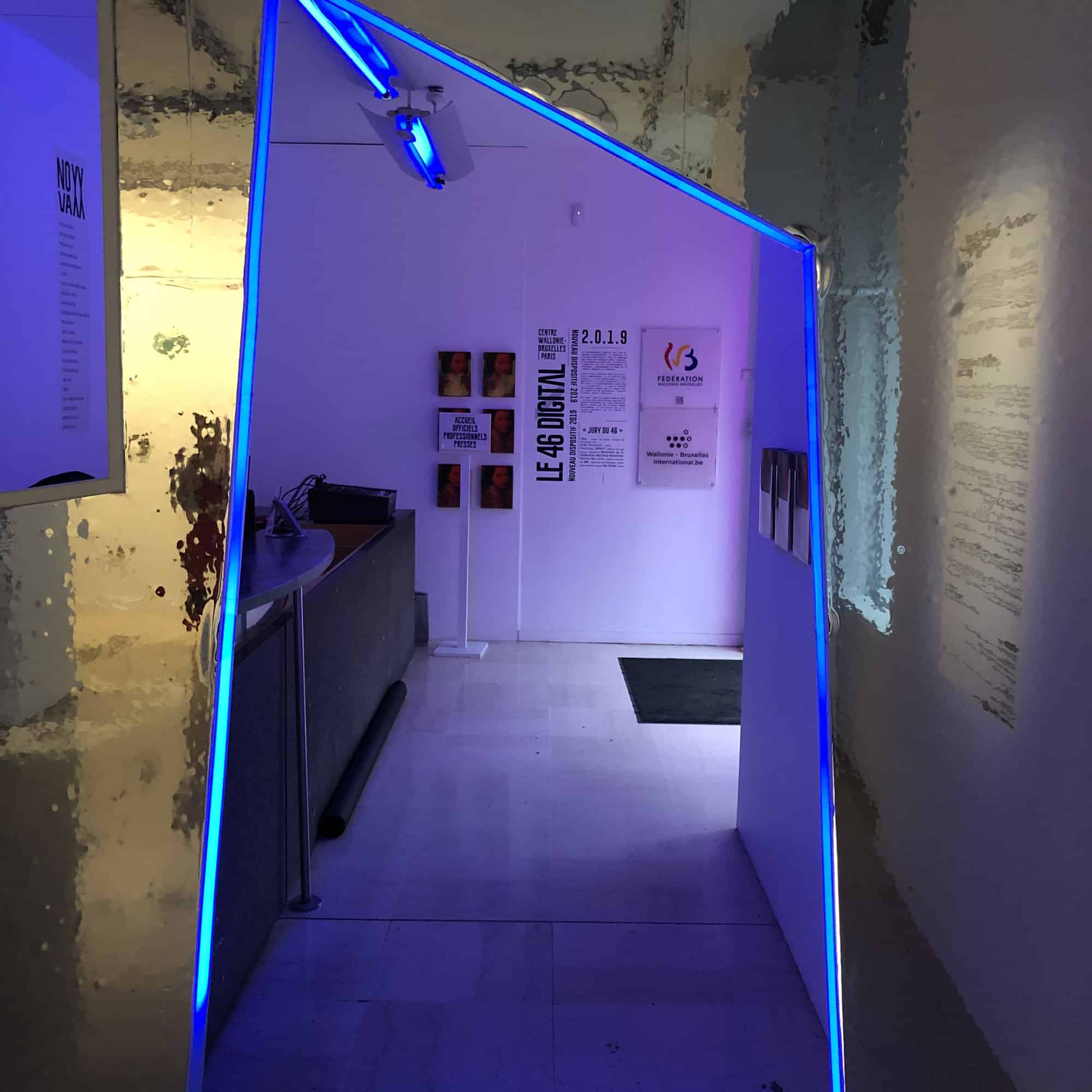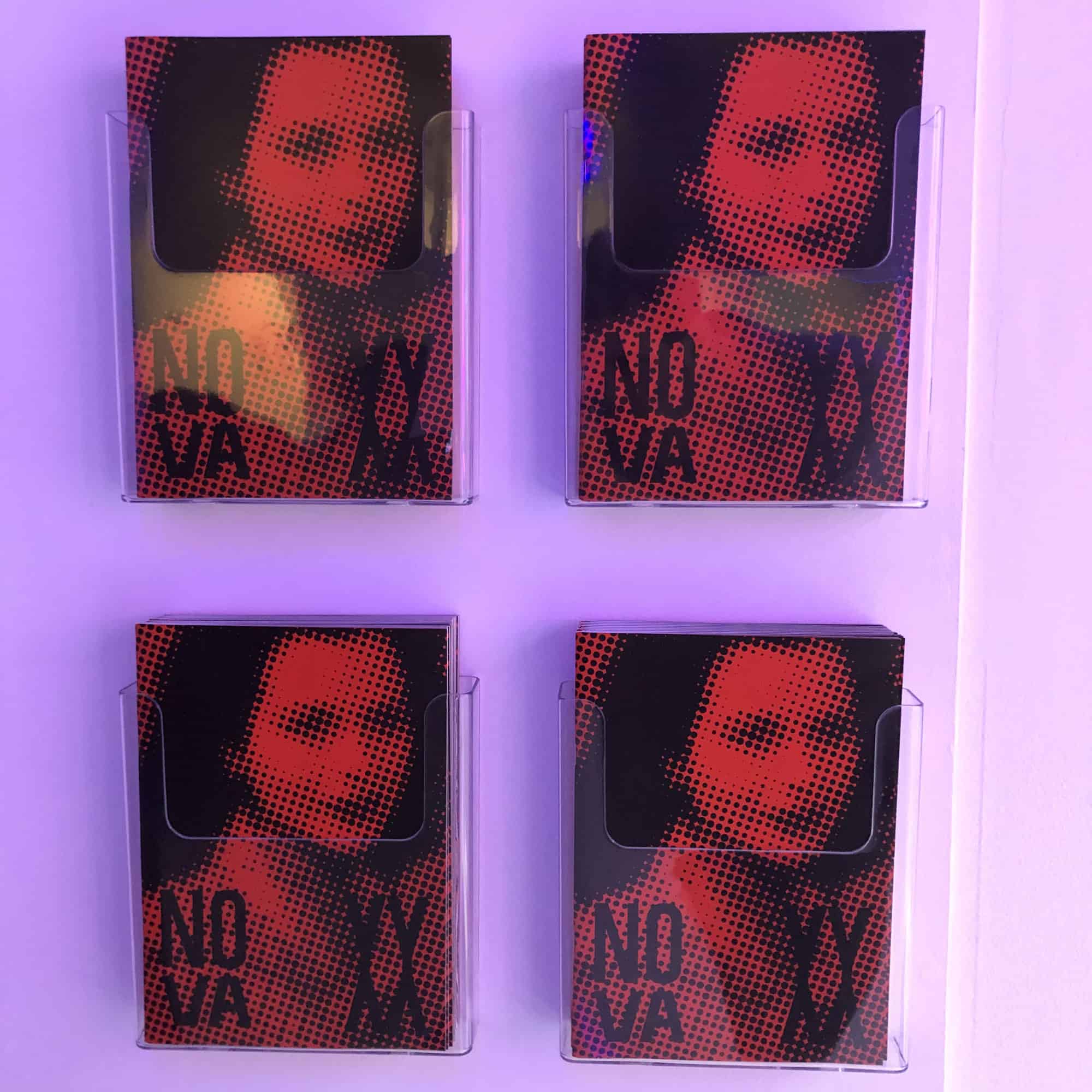In this series of interviews, we ask art professionals about their jobs and career after graduation. No matter where you live, to find a job after a humanities degree is not an easy thing. We try to find out what the term “perfect job” means to the people we talk to. This time we speak to Sara Anedda, an Italian art history graduate who lives in Paris. Over the past years she has completed two internships in some of the most iconic art institutions, The Louvre and The Palais de Tokyo, and in 2019 she has worked as the coordinator of the Nova_xx Biennal. Among Sara’s tips for people that aspire to work in an art institution are good listening skills, staying informed about the industry, and not letting any opportunities to visit more art happenings pass.
Position: Digital art department coordinator
Location: Paris
You have coordinated the Nova_xx Biennial in 2019, focused on artistic, scientific, and technological innovation by women in the Digital Revolution. Could you describe your position, duties, responsibilities?
Firstly, coordinating the Biennale was a truly enriching experience and one which I learned a lot from!
Concretely, it was a question of writing the call for applications copy, appointing the jury, receiving and selecting the applications following the jury’s expertise, and then organizing the exhibition (transportation of artists and their works, the scenography aspect, writing the catalogue, etc.). I also organized the various events associated with the Biennale (prizes, conferences, concerts, two-headed opening, games..). I did all this in contact with the partners. Everything was done with a part of the CWB’s team and under the direction of Stéphanie Pécourt, the founder of Nova_XX.
Before, upon arriving in Paris from Italy, you’d been collaborating with two iconic art institutions: The Louvre and the Palais de Tokyo. What do you think was the most important skill which allowed you to get these jobs?
These two professional experiences, in the form of internships, were made possible thanks to my academic background, that is, my master’s degree in art history.
This allowed me to receive a Léonardo scholarship twice in a row, and do the internships in Parisian cultural structures.
While the experience at the Louvre took on a more research character, the opportunity at the Palais de Tokyo proved extremely professional. There, I assisted the exhibition curators during the 2008/2009 season, and exhibitions – among others – by Christophe Buchel and Arcangelo Sassolino, under the direction of Marc-Olivier Wahler.
What were your beginnings like?
After my studies in Italy I immediately left for Paris, where I started with my internship, followed by the second one. After that, I had a long journey in film production and lately I’ve come back to my initial loves, the visual arts – digital and video art in particular. I did not have moments of respite, from the beginning of my professional career! But it is sure that with the years I developed my consciousness, my interests, my passion, and even keep a cool head even when dealing with multiple projects… In short, my professionalism.
How has your education prepared you for your career as a digital art and video-programming coordinator at the Centre Wallonie-Bruxelles in Paris?
I have mainly studied art history, so I confess that in reality most of the things I actually do daily and the professionalism that goes with it, were acquired through the experience and the work of everyday. In this sense, my studies gave me some «structure», but because I’m not specifically working in the field of university research, I think the coordination tasks are best carried out thanks to a natural sense of organization and the experience gained along the way. It is similar with listening to artists and their needs, it is very important in this work but comes more from a person’s natural attitude or disposition and not necessarily from things learnt at school.
What are the three most popular career paths among art history graduates?
I believe it is the academic career (researcher/teacher), then there is the career in a museum or an art centre as a curator or a coordinator, and a more “commercial” direction in a gallery.
What is the riskiest decision you had to take?
I work in a relatively ‘safe’ context, where decisions are taken in a collegial manner, so the risk-taking for me personally is rather limited. That said, sometimes, in certain processes we must make choices, for example compromises between the requirements of the artists and the characteristics of the structure that welcomes them. These are choices that are always a bit risky on both sides, but in general everything goes well!
What has been the most difficult task you undertook so far?
Coordinating Nova_XX with several works, several artists with different requirements, several shutters and events of different sizes was not easy indeed, but I consider it a success as we were extremely happy with the result!
What do you consider to be your biggest achievement?
A one-year university master’s degree, obtained in 2019, while working! This required a lot of physical and mental energy, in conditions that were not always easy. The result though was very positive and allowed me to show a certain flexibility, a multitasking ability when organization my work.
What three tips would you give to someone who wants to start work in an art institution?
Beyond the magic formulas, what is important in this type of work are obviously passion, constancy, good listening skills… but also taking opportunities, meeting people… I would therefore advise, apart from being aware, to stay informed of trends and what is happening by reading the specialized press for example, to be curious and not to miss the opportunities to visit museums, galleries, exhibitions, and vernissages…
If not working in the art sector, what would be your dream job?
Cinema production – fiction and documentary.


The article was created thanks to the Arts Council Emergency Response Fund: for organisations (non NPO). Contemporary Lynx organisation is supported by Arts Council England.














